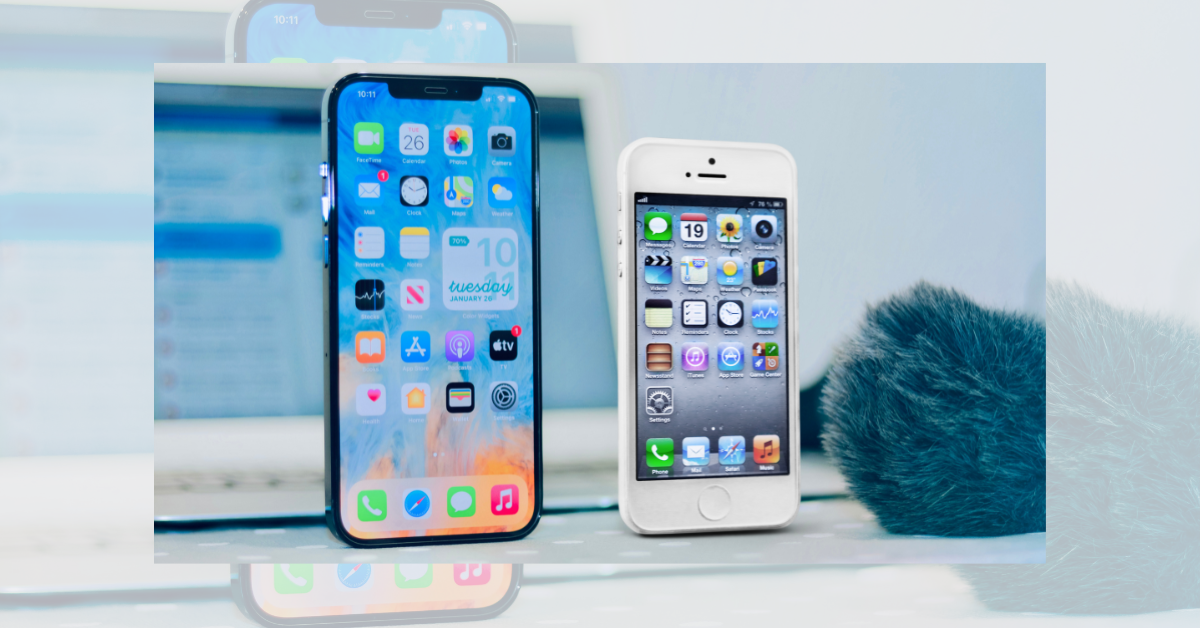Apple users have been recently been urged by the Indian Computer Emergency Response Team (CERT-In) regarding critical threats that could potentially allow attackers to cripple their devices, steal sensitive information and bypass security measures.
The warning issued highlights multiple flaws impacting iOS and iPadOS versions earlier than 16.7.6 for older devices and 17.4 for newer models. These vulnerabilities expose users to a range of threats. Which includes:
- System Failures: A potential threat these flaws carry is to exploit these devices to crash drives, making them unusable
- Unauthorized Code Execution: Hackers could gain the ability to run malicious code on the affected devices, potentially leading to the installation of malware or taking control of critical functions
- Sensitive Information Disclosure: Personal data stored on these potential devices could also be compromised such as contacts, photos, messages, or financial information
- Security Restriction Bypass: Attackers could leverage these vulnerabilities to circumvent existing security measures on the device, further increasing risks.
CERT-In has traced these issues due to a variety of shortcomings in Apple’s operating systems. The report provides detailed flaws in Bluetooth, media handling components, photo applications, Safari browser, and core system functionalities. Additionally, privacy concerns were raised regarding message management, data-sharing features, and note-taking apps.
Users can also take some essential steps to mitigate these risks to vulnerabilities. You can follow below the mentioned steps as suggested by CERT-In to secure your device.
- Update Your Device: Make sure your iPhone or iPad is running on the latest software version. Apple releases updates addressing securing vulnerabilities. Navigate to Settings>General>Softwarre Update, to check for and install available updates
- Install Security Patches: Apple releases specific security patches to address vulnerabilities mentioned by CERT-In. The application of these patches promptly strengthens your device’s defenses.
- Secure Connection: Users should avoid connecting to untrusted or public Wi-Fi networks. These networks can make your device vulnerable to unauthorized access. Opt for a secure, password-protected network whenever possible
- Enable Two-Factor Authentication: Two-factor authentication adds an extra layer of security to your device by requiring a second verification step beyond your password. This significantly reduces the risk of unauthorized access even if your login credentials are compromised
- Download with Caution: Only download apps and software from trusted sources, such as Apple App Store. Avoid downloading apps from unknown and untrusted sources, as they may contain malware.
- Regular Backups: Regularly backing up your data protects it from potential loss in case of a security breach or system failure. Utilize iCloud backups or local backup solutions
- Stay Informed: Keep yourself updated on security alerts and advisories from official sources like CERT-In and Apple. Regularly checking for security updates and following best practices can significantly enhance your device’s security posture.
Apple users can significantly reduce the risks of falling victim to these newly discovered vulnerabilities. Users need to act promptly and prioritize installing the latest software updates to ensure their device’s security.




